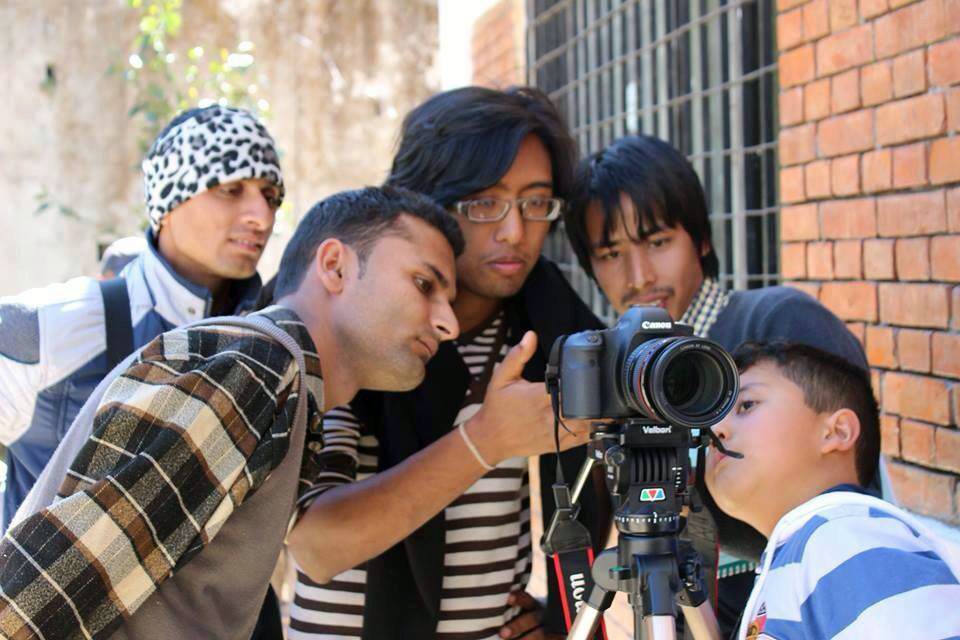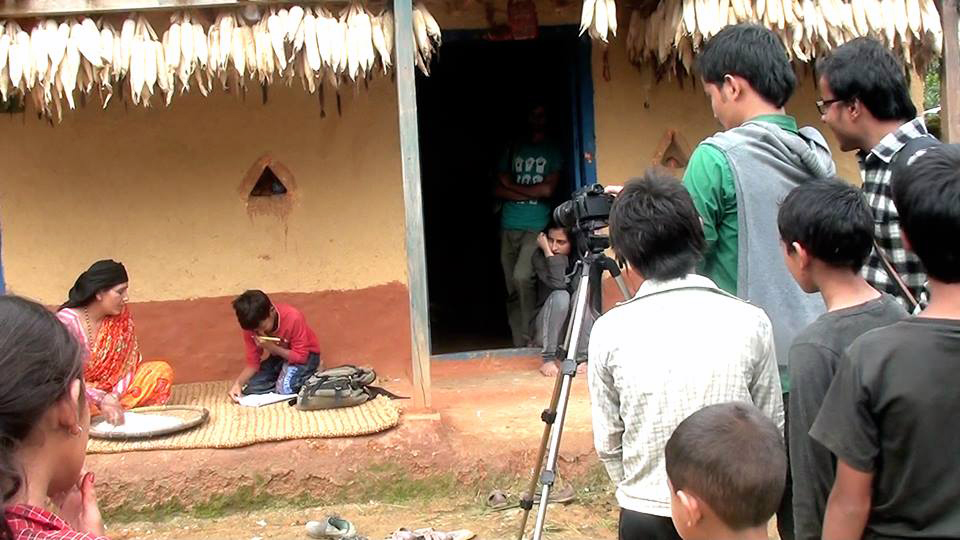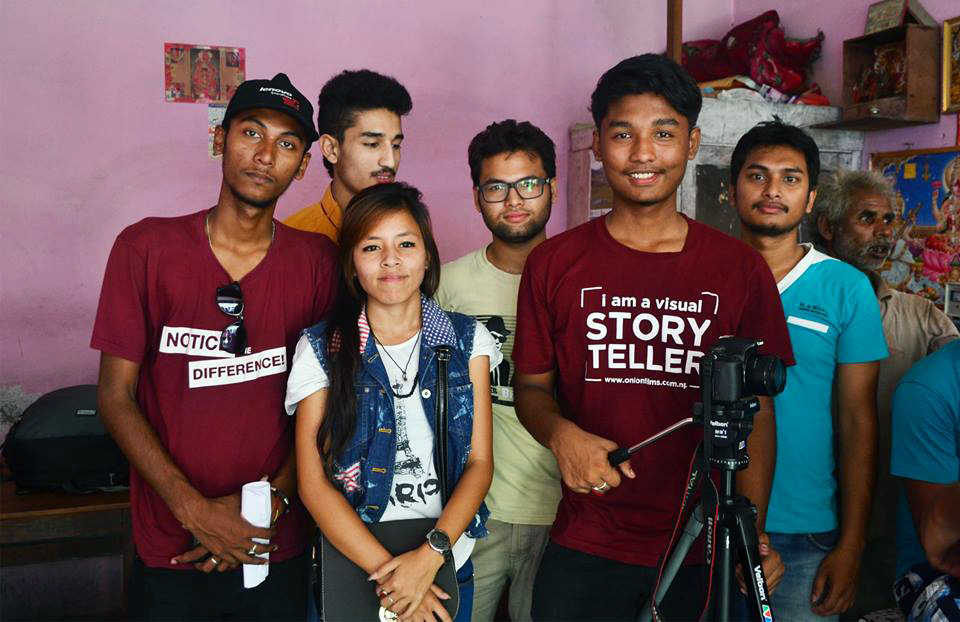NEWS
October 3, 2016

IN BRIEF
By: Surath Giri, Co-Founder and Director of Onion Films Nepal and an Accountability Lab ‘Accountapreneur’. It all started with a conversation over a cup of coffee in October 2013. Narayan Adhikari was trying to build an organization to promote accountability and good governance in Nepal by catalyzing local change makers. Govinda and I were creating a network of young, independent filmmakers by training aspiring filmmakers in visual storytelling. We discussed each other’s work and the potential for collaboration. “How about teaching your young filmmakers about accountability and encouraging them to make short movies on related issues?” Narayan proposed. “We can provide you the necessary [...]
SHARE
By: Surath Giri, Co-Founder and Director of Onion Films Nepal and an Accountability Lab ‘Accountapreneur’.
It all started with a conversation over a cup of coffee in October 2013. Narayan Adhikari was trying to build an organization to promote accountability and good governance in Nepal by catalyzing local change makers. Govinda and I were creating a network of young, independent filmmakers by training aspiring filmmakers in visual storytelling. We discussed each other’s work and the potential for collaboration. “How about teaching your young filmmakers about accountability and encouraging them to make short movies on related issues?” Narayan proposed. “We can provide you the necessary support.”
Young filmmakers using visual storytelling tools to tell stories of corruption, bad governance, and the need for greater accountability and transparency? Why not! We readily agreed. Corruption, a lack of transparency and accountability among government agencies, and abuse by authority figures, all pose a significant challenge to Nepal’s development. It would be wonderful if our graduates could make a dent in the status quo by telling these stories through visual media. In addition to making films, our graduates are able to learn how to be more active citizens and contribute to the development of the nation. Onion Films Nepal has tested the idea for more than a year, but will now finally benefit from the financial and non-financial support they desperately needed to fully incorporate the company.
This is how the journey of Young Cuts! – The Accountability Film School began. In less than three years, more than 120 young filmmakers have attended our workshops and collectively produced over 30 short movies. They’ve addressed a plethora of issues including gender equality, right to information, accountability of government run schools, and street vendors’ right to livelihood, among others. While working on the short movies, many of the graduates developed a deep passion for the issues they worked with and have gone on to make other related films.
|
When a massive earthquake struck central Nepal in April 2015, our filmmakers were well prepared to tell stories of devastation and resilience. Five selected graduates were once again provided financial and technical assistance to go to the affected areas and cover people’s stories through visual media. In the Building Resilience Project, our graduates captured the aftermath stories of a migrant worker’s wife, a remote villag e in Tsum Valley, an entrepreneur of the Nuwakot district, a community radio station in the Sindhupalchok district, and an artist living beside a huge, severely damaged apartment building.
e in Tsum Valley, an entrepreneur of the Nuwakot district, a community radio station in the Sindhupalchok district, and an artist living beside a huge, severely damaged apartment building.
We have also been able to expand opportunities for young people living outside the capital. To date, we have held two workshops in Biratnagar that have produced over 50 filmmakers from Eastern Nepal, who are now telling regional stories through visual media.
Throughout this process, we have learned valuable skills in promoting accountability in challenging areas. Firstly, it is incredibly important to invest in young people as champions of accountability. This is because in places like Nepal, corruption is so widely prevalent that anyone speaking against a particular incident or issue will likely face adverse repercussions that may affect their financial and non-financial well-being. However, young people have very little, if anything, to lose by raising their voices against an issue or a person’s actions. Consequently, young people are more likely to see issues transparently and have the courage to “call a spade a spade.” Secondly, we have found that young people develop a greater interest and passion for the issues they are working with since visual mediums require a significant amount of their  time. For example, unlike writing an article or participating in a protest, making a short movie or documentary requires substantial financial resources and attention. Similarly, visual mediums have the potential to be more impactful than other mediums, as they instantly become reference materials that can be used repeatedly and widely.
time. For example, unlike writing an article or participating in a protest, making a short movie or documentary requires substantial financial resources and attention. Similarly, visual mediums have the potential to be more impactful than other mediums, as they instantly become reference materials that can be used repeatedly and widely.
As the world becomes more interested in visual media, these visual storytellers will see their works’ increasing impact and more stories will be shared, as we are far from completing our mission.
Surath can be contacted at [email protected].
